Sainsbury's embarks on farming tech cloud trial
Supermarket giant is rolling out cloud-based parasite monitoring tools to farms in New Zealand and the UK

Sainsbury’s is supporting the research and development of a New Zealand-based company’s cloud technology that allows farmers to closely monitor parasite levels in sheep.
The supermarket giant has agreed to cover the cost of implementing Techion Group’s FECPAK G2 system at farms in the UK and New Zealand as part of a two-year research and development project.
The system consists of a photographic device, called the Micro-I, which captures a microscopic-level image of the animal, which is then uploaded to the cloud.
From here, a faecal egg count test can be performed on the sample by a web-based technician to ascertain the prevalence of parasites, and the results can then be stored online for future reference.
The company claims the cloud-based nature of the system provides farmers with faster access to veterinary and technical expertise, which in turn allows them to make quicker decisions about how to tackle the issue of parasites in their flocks.
It is also claimed the technology will help farmers pinpoint sheep that need treatment, which keeps costs down as they won’t need to administer drugs to the whole flock.
Greg Miriams, founder and managing director of Techion, said the performance of livestock can be seriously affected by the presence of parasites.
Sign up today and you will receive a free copy of our Future Focus 2025 report - the leading guidance on AI, cybersecurity and other IT challenges as per 700+ senior executives
“The problem of increasing drug resistance by parasites ... means we have to be smarter on how and when we use them – so it’s important for farmers to make use of new technologies to make better decisions,” he added.
In a statement, announcing the project, Sainsbury’s said the technology will be rolled out to sheep farmers in New Zealand and the UK from its Producer Group, as part of its efforts to promote the use of sustainable farming methods.
“Sainsbury’s are committed to the view that frequent, accurate and reliable faecal egg counting on-farm with veterinary support will help encourage smarter, targeted use of anthelmintics [anti-parasite drugs] and management strategies,” it added.
Dr Eric Morgan from Bristol University has already evaluated the use of the technology in the UK.
“It is encouraging that our work with the system has show that FECPAKG2 is highly repeatable in the hands of different farmers in the field,” he said.
-
 AI Fatigue: Is the backlash against AI already here?
AI Fatigue: Is the backlash against AI already here?Feature The proliferation of AI tools in the market is creating confusion, decision paralysis, and declining productivity…
-
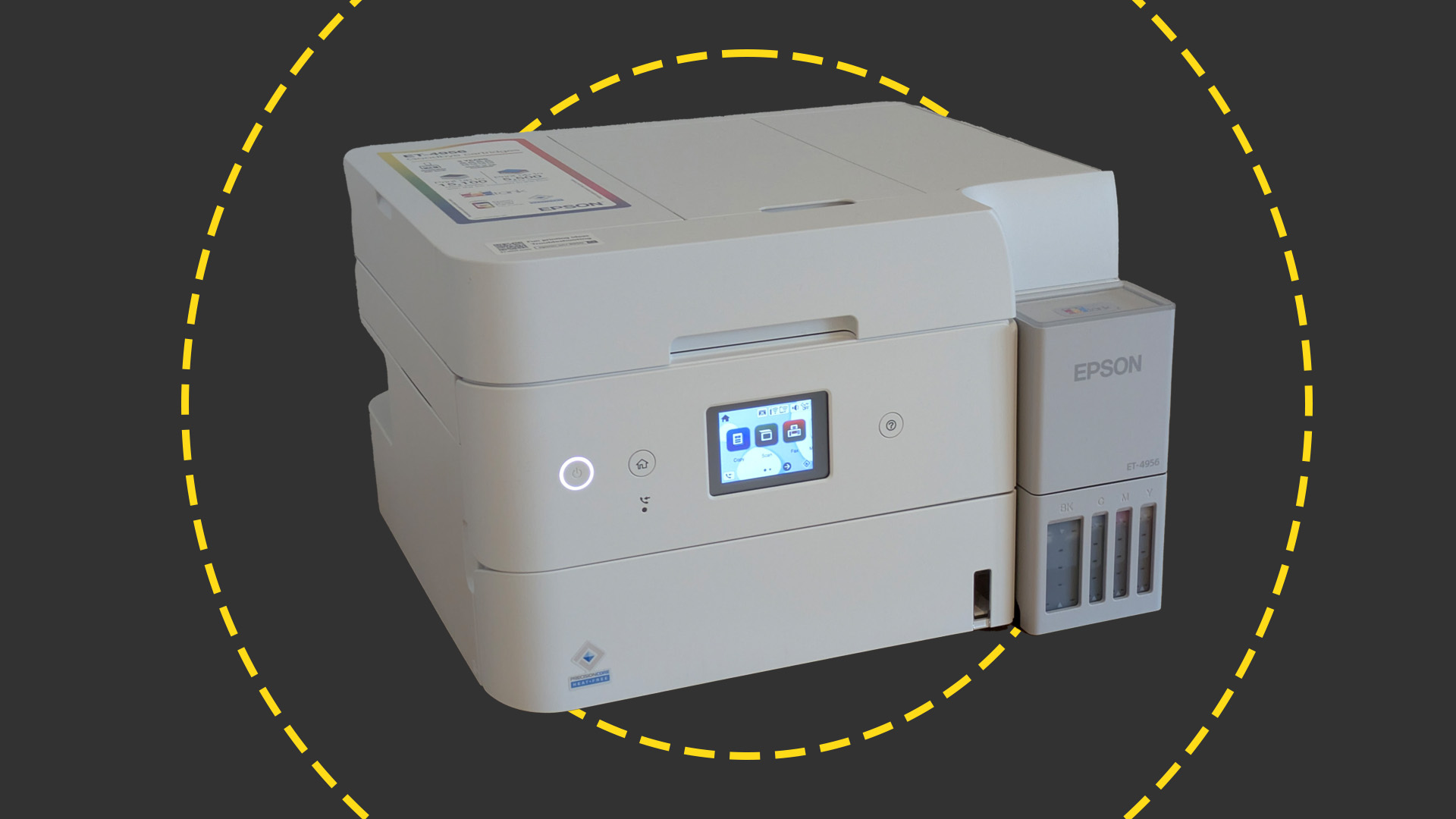 Epson EcoTank ET-4956 review
Epson EcoTank ET-4956 reviewReviews This refillable inkjet MFP does everything you need in a small office – it's compact and cheap to run, too
-
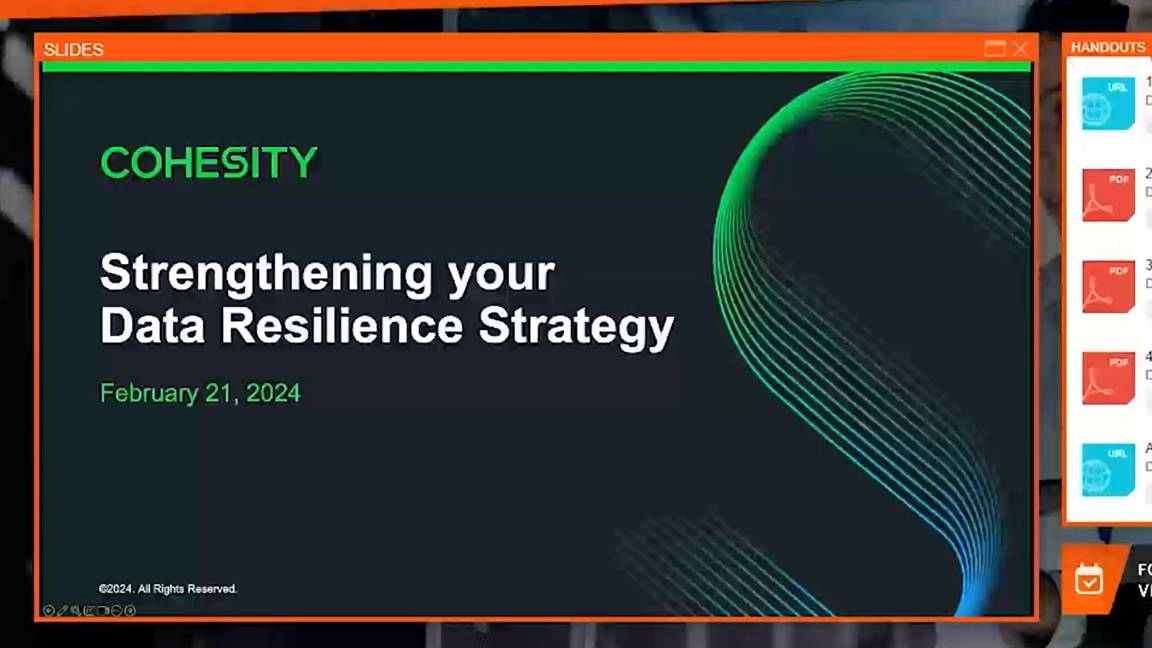 Strengthening your data resilience strategy
Strengthening your data resilience strategywebinar Safeguard your digital assets
-
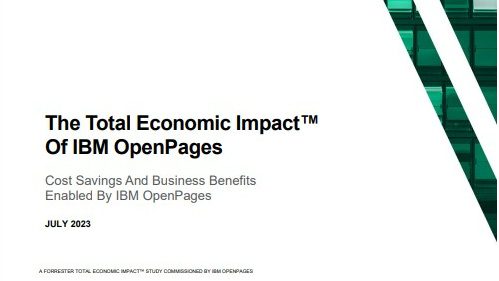 Forrester: The Total Economic Impact™ Of IBM OpenPages
Forrester: The Total Economic Impact™ Of IBM OpenPageswhitepaper Cost savings and business benefits enabled by IBM OpenPages
-
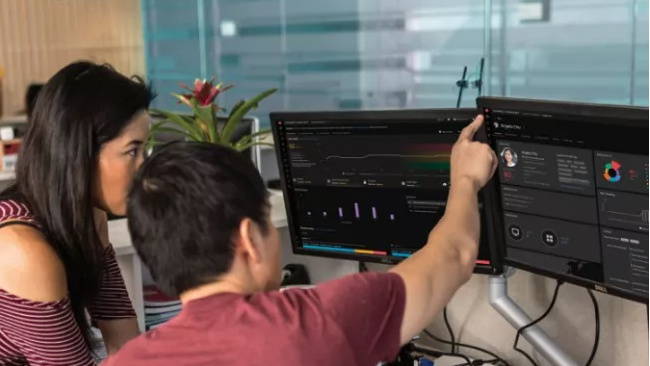 More than a number: Your risk score explained
More than a number: Your risk score explainedWhitepaper Understanding risk score calculations
-
 What is small data and why is it important?
What is small data and why is it important?In-depth Amid a deepening ocean of corporate information and business intelligence, it’s important to keep things manageable with small data
-
 Google Ad Manager knocked offline for more than three hours
Google Ad Manager knocked offline for more than three hoursNews The incident prevented publishers from automatically exchanging their ad inventories, potentially causing big losses for those affected
-
 What is cloud analytics?
What is cloud analytics?In-depth Cloud analytics offer businesses cost-effective ways to organise, analyse, and understand data for a variety of business use cases
-
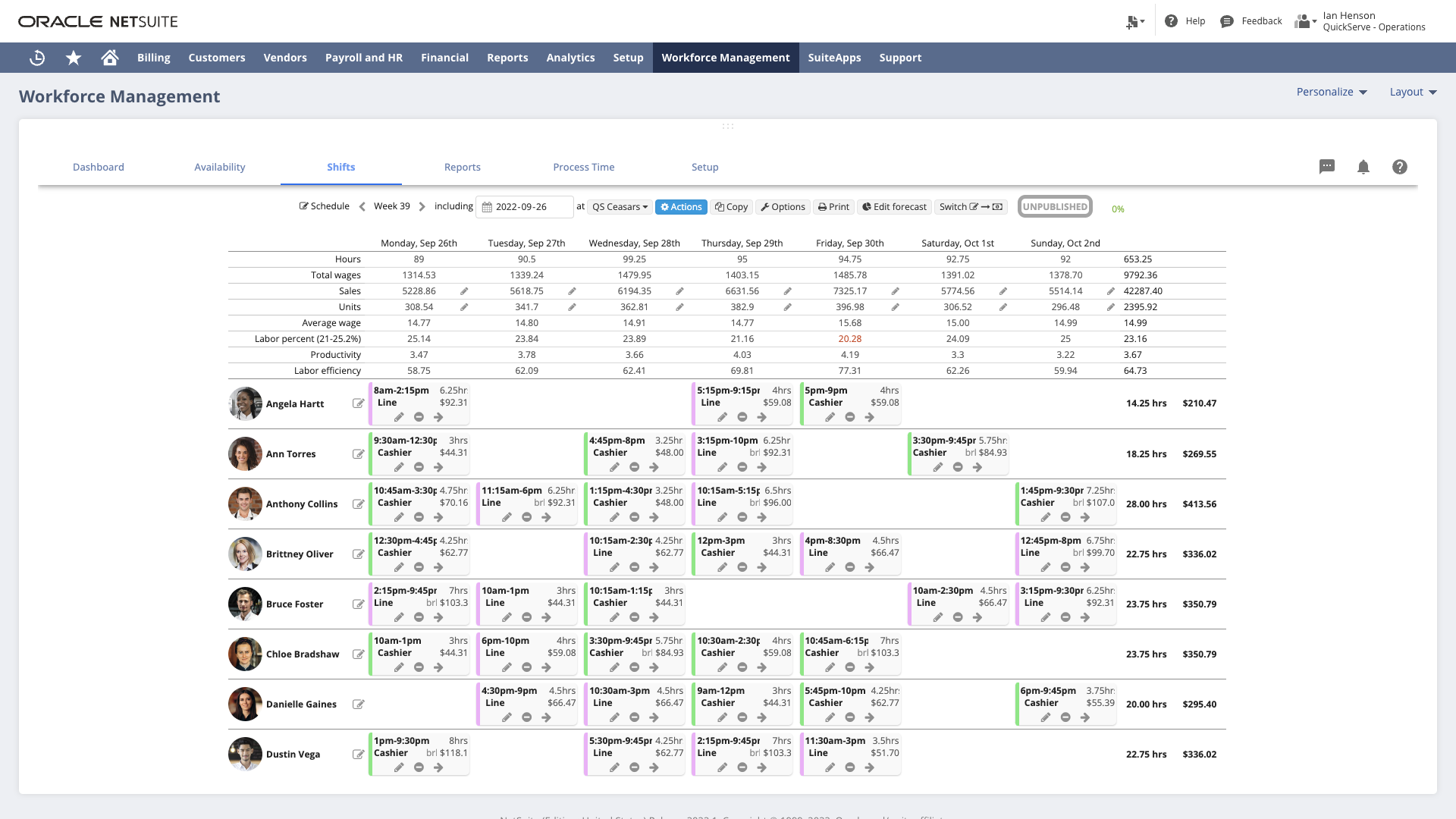 NetSuite launches SuitePeople tools for automating schedules and tracking attendance
NetSuite launches SuitePeople tools for automating schedules and tracking attendanceNews SuitePeople Workforce Management aims to give companies greater oversight and control of their workforces, as well as live metrics
-
 Talking to a business should feel like messaging a friend
Talking to a business should feel like messaging a friendWhitepaper Managing customer conversations at scale with the WhatsApp Business Platform